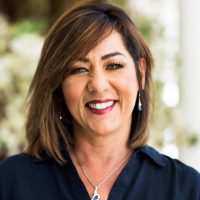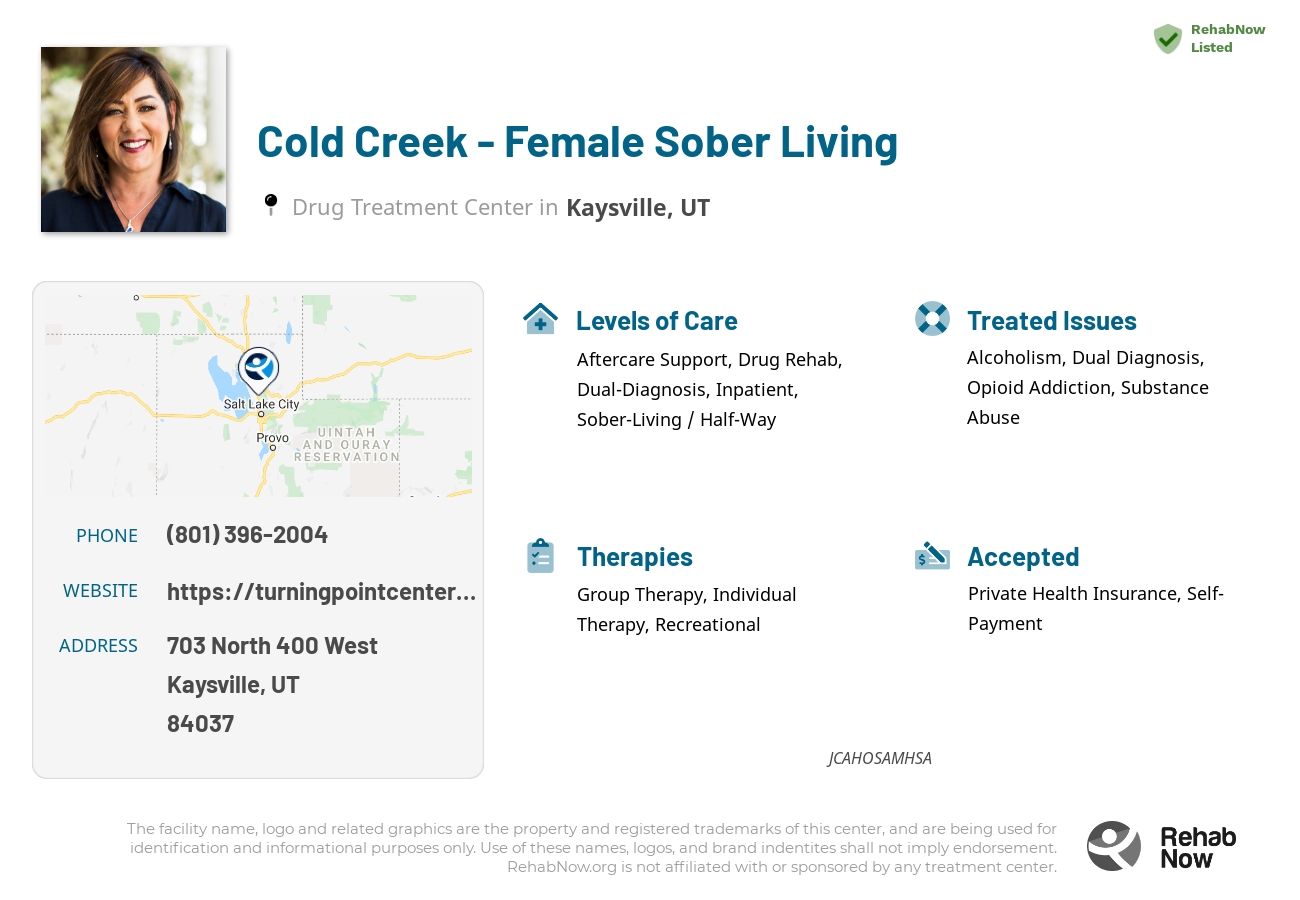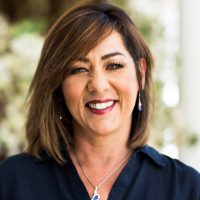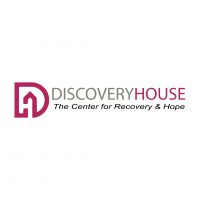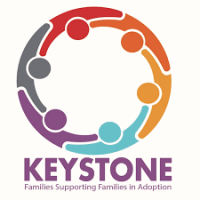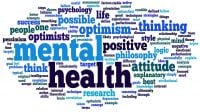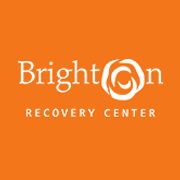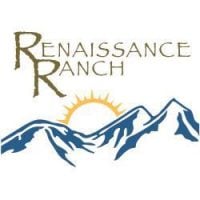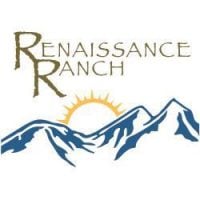About This Utah Facility
Located in Kaysville, Utah, Cold Creek - Female Sober Living offers a nurturing environment for women in the early stages of recovery from addiction. This facility provides a structured yet flexible living situation, essential for those transitioning from intensive treatment or lacking a supportive home environment. Uniquely, it balances independence with necessary safeguards to prevent relapse, employing a comprehensive approach that includes participation in recovery programs and random substance testing.
- Structured Independence: Residents maintain personal freedom while being part of a recovery-focused community, promoting growth and self-reliance.
- Comprehensive Support Services: Includes gym membership, employment counseling, and group outings, supporting a holistic approach to recovery.
- Stringent Safety Measures: Enforces a zero-tolerance policy for substance use, alongside regular drug and breathalyzer tests, ensuring a safe, sober environment.
Cold Creek - Female Sober Living proudly holds accreditations from LegitScript, JCAHO, and SAMHSA, underscoring its commitment to high-quality care and safety standards. This facility offers a unique blend of freedom and structure, prioritizing active participation in recovery programs and personal responsibility as central to the recovery journey.
The program is designed for women struggling with addictions, including alcohol, opioids, and dual diagnosis conditions. Treatment methods integrate behavioral therapies and Medication-Assisted Treatment (MAT) when appropriate, providing a comprehensive level of care that addresses the individual needs of residents.
Genders
Ages
Modality
Additional
Accreditations
SAMHSA

LegitScript

JCAHO
Conditions and Issues Treated
Substance Abuse Treatment is important when getting sober, as it helps addicts learn the skills they need to live a clean life. There are many different kinds of recovery treatment, including medication-assisted therapy, behavioral therapeutic approaches and self-help groups, as well as counseling.
Opioid abuse has become a national epidemic in the last decade. The US has one of the world’s highest rates of opioid use and abuse, as well as opioid-related deaths. Opioids are classified as Schedule II-IV controlled substances in the US due to their high potential for abuse.
Oxycodone, hydrocodone, methadone, and fentanyl are the most common Opioids and are commonly prescribed to treat pain. Tolerance to opioids develops over time, making life difficult, if not impossible, without them. Opioid users often obtain the drugs illegally. They can be drug dealers, friends, or family members who do not have valid prescriptions.
The desire for a more intense high than prescription opioids can quickly lead to heroin use. Heroin users are more prone to illness and death due to the high risk of overdose.
Many opioid addicts who seek treatment believe that the only way to overcome their addiction is through medical detox and long-term drug addiction rehab. To help patients wean off their addiction and reduce the risk of overdose, medication-assisted therapy (MAT) involves prescribing a replacement opioid. Doctors use MAT in conjunction with other anti-craving medications to help patients maintain recovery. Due to the high risk of relapse, MAT is often combined with individual and group counseling and social support programs.
When addiction and psychiatric issues co-occur, the addict’s recovery is more successful when both conditions are treated. A dual diagnosis refers to a condition in which the patient is diagnosed with two health issues: addiction and bipolar disorder. The most common therapies are psychotherapy, behavioral therapy, spiritual counseling, 12-step programs, and medication management.
Levels of Care Offered at Cold Creek - Female Sober Living
This center offers a variety of custom treatment tailored to individual recovery. Currently available are Aftercare Support, Drug Rehab, Dual-Diagnosis, Inpatient, Residential, Sober-Living / Half-Way, with additional therapies available as listed below.
Inpatient treatment centers offer a safe, secure, and often medically supervised environment for drug or alcohol-addicted individuals. Many of these facilities are equipped to provide detoxification, treatment for co-occurring mental health disorders, and aftercare programs. The patient typically spends 28 to 30 days at the facility and will receive extensive drug counseling.
Sober Living Homes are used in drug rehab to help former addicts maintain sobriety. The residents are provided with a safe and supportive environment to learn how to live a sober life. They also provide them with opportunities for exercise, many of which encourage learning coping mechanisms that will be helpful later on.
Residential treatment programs are those that offer housing and meals in addition to substance abuse treatment. Rehab facilities that offer residential treatment allow patients to focus solely on recovery, in an environment totally separate from their lives. Some rehab centers specialize in short-term residential treatment (a few days to a week or two), while others solely provide treatment on a long-term basis (several weeks to months). Some offer both, and tailor treatment to the patient’s individual requirements.
Aftercare support is vital to the success of someone in drug or alcohol treatment. It involves assisting with entering a sober living home, getting career counseling or educational assistance and even getting the individual lined up with programs like AA and NA. This support helps recovering addicts readjust to normal day-to-day activities and maintain sobriety.
When a person is in drug or alcohol treatment, they have to increase their focus on themselves. They need to learn how to recognize the triggers that cause them to relapse and learn the habits that would benefit them if they were to be sober. This is all part of the growth in recovery, and aftercare is essential to that process.
Therapies & Programs
At Cold Creek - Female Sober Living , to learn from past mistakes and improve one’s situation, the recovering person meets individually with a therapist. The counselor or therapist will address addiction causes, triggers, mental issues, dual diagnosis, and aftercare plans during this time. This is a very intense and challenging process. Some clients find it easier to open up to someone other than family or friends who understand their struggles with addiction.
In group therapy, recovering addicts meet with a therapist and other people in recovery. Some groups are closed, meaning only people who share the same addiction or problem can attend. Others are open to anyone who wants to stop using drugs or drinking alcohol. Group therapy sessions typically focus on one topic each week or month so that recovering addicts can discuss issues they face daily.
Cognitive Behavioral Therapy (CBT) is based on the idea that how we feel, think and act all interact together. It helps people explore their thoughts for problems (or false beliefs) that influence their mood and actions. CBT is very goal-oriented, which means that the therapist and patient work together on a specific problem. In addition to helping a client focus on thoughts that can be changed, CBT also allows them to take an active role in their treatment. Our thoughts determine our feelings and behaviors; our feelings affect our thoughts, and our behaviors change our thoughts and feelings.
Payment Options Accepted
For specific insurance or payment methods please contact us.
Is your insurance accepted?
Ask an expert, call (888) 674-0062
Turning Point Centers Associated Centers
Discover treatment facilities under the same provider.
- Cold Creek Outpatient - Brighton Loop Road in Park City, UT
- Cold Creek - Male Sober Living in Kaysville, UT
- Cold Creek Outpatient - South Highland Drive in Salt Lake City, UT
Learn More About Turning Point Centers Centers
Additional Details
Specifics, location, and helpful extra information.
Kaysville, Utah 84037 Phone Number(801) 396-2004 Meta DetailsUpdated April 15, 2024
Staff Verified
Is Cold Creek – Female Sober Living a LegitScript Verified Treatment Facility?
According to our most recent records, we have found this center to be LegitScript verified.
Patient Reviews
There are no reviews yet. Be the first one to write one.
Kaysville, Utah Addiction Information
More than 500 people in Utah die each year from the effects of drug abuse and/or addiction. Substance abuse rates in Utah have seen an upward trend for a variety of drugs. Opioids are involved in almost 70% of all drug-related deaths in the state, annually. In 2014, Utah officials created a Good Samaritan Law to protect drug users who report possible overdoses from being prosecuted themselves.
In Kaysville, Utah, approximately 1 in 8 residents had used an illicit drug within the past year. 22% of DUI arrests in Kaysville involved drugs. 17% of residents who reported using heroin are also using cocaine. The most significant factor contributing to these problems is the easy availability of drugs. Some of the most common types of treatment include inpatient and outpatient treatment.
Treatment in Nearby Cities
- Annabella, UT (161.8 mi.)
- Taylorsville, UT (26.2 mi.)
- Lehi, UT (45.6 mi.)
- Clifton, UT (117.9 mi.)
- Cedar City, UT (240.5 mi.)
Centers near Cold Creek - Female Sober Living
The facility name, logo and brand are the property and registered trademarks of Cold Creek - Female Sober Living, and are being used for identification and informational purposes only. Use of these names, logos and brands shall not imply endorsement. RehabNow.org is not affiliated with or sponsored by Cold Creek - Female Sober Living.
